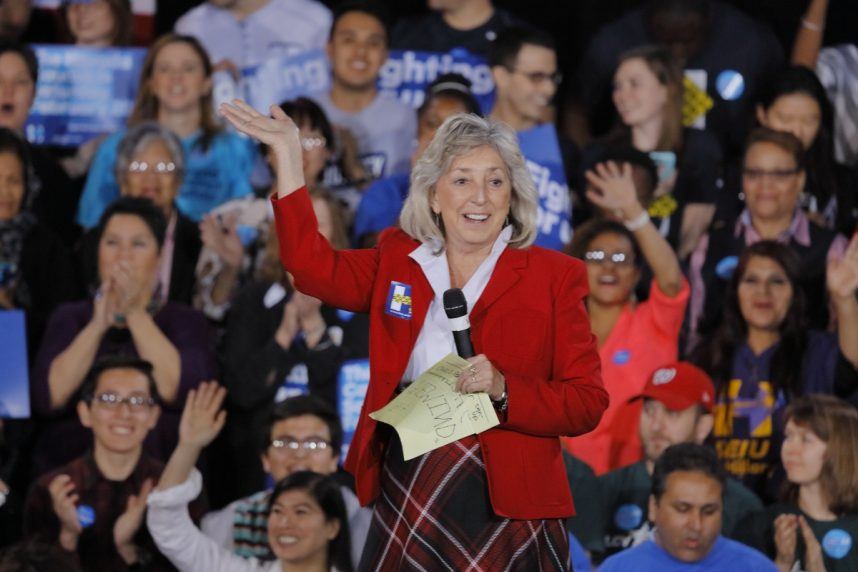Nevada Rep. Dina Titus Slides FAIR Bet Act Into Defense Spending Bill
Posted on: August 28, 2025, 10:30h.
Last updated on: August 28, 2025, 10:52h.
- Dina Titus has included the FAIR Bet Act in the defense spending bill
- FAIR Bet would restore gambling losses up to 100% of winnings
- The One Big Beautiful Bill reduced the deduction to 90%
US Rep. Dina Titus (D-NV) continues to advocate for gamblers in the nation’s capital with the Fair Accounting for Income Realized from Betting Earnings Taxation Act, or the FAIR Bet Act.

Titus introduced the federal bill in July after Republicans passed President Donald Trump’s “One Big Beautiful Bill.” A condition of the OBBB was that the 70-year bipartisan principle that 100% of gambling losses can be deducted against winnings would be reduced to 90% beginning with the 2026 tax year. Senate Republicans were blamed for the reduction.
The OBBB component was seemingly unbeknownst to many Republicans, as Titus’ FAIR Bet Act quickly garnered many cosponsors on the other side of the aisle. The legislation has 10 cosponsors — five Republicans and five Democrats.
The bill — House Resolution 4304 — remains in the House Ways and Means Committee, where Chair Jason Smith (R-MO) has pledged to return the gambling loss deduction back to 100% before it goes into effect next year. The FAIR Bet Act has yet to receive a committee vote.
Taking Matters Into Her Own Hands
With the House Ways and Means Committee seemingly dragging its feet on the FAIR Bet Act, Titus has decided to take the pork route and tie the gambling bill into Congress’ annual defense spending bill.
The fight to restore the 100% gambling loss tax deduction continues,” Titus wrote on X. “I’ve introduced the FAIR Bet Act as an amendment to the 2026 National Defense Authorization Act (NDAA).”
Each year, Congress must authorize the NDAA, which approves funding for the US military and other critical defense priorities. The 2026 NDAA allocation, as approved by the Senate Armed Forces Committee, is $924.7 billion.
Most of the money — $878.7 billion — would go to the Department of Defense. The Department of Energy would receive $35.2 billion, and the remaining $10.8 billion would be set aside for “defense-related activities outside NDAA jurisdiction.”
Titus is seeking to use the defense spending measure to expedite the legalization of the FAIR Bet Act.
“I strongly encourage the Republicans to make this amendment in order when it goes before the House Rules Committee upon our return to Congress next month,” Titus said.
What FAIR Bet Seeks
The FAIR Bet Act seeks to prevent gamblers from paying federal taxes on income they didn’t actually net. The OBBB reduced the gambling loss deduction by 10%, meaning a person who won $10K playing slot machines during the year but also lost $10K would still need to pay taxes on $1,000.
The Joint Committee on Taxation estimates that the reduction would generate $1.1 billion in new federal tax revenue over 10 years. That possible benefit — barely a drop in the federal government’s spending bucket — comes at a great risk to the legal gaming industry, trade group leaders say.
“The result creates an unfair precedent by taxing phantom income and uniquely penalizing a legal, heavily regulated activity,” said Bill Miller, president of the American Gaming Association.
Last Comments ( 1 )
Indict Titus